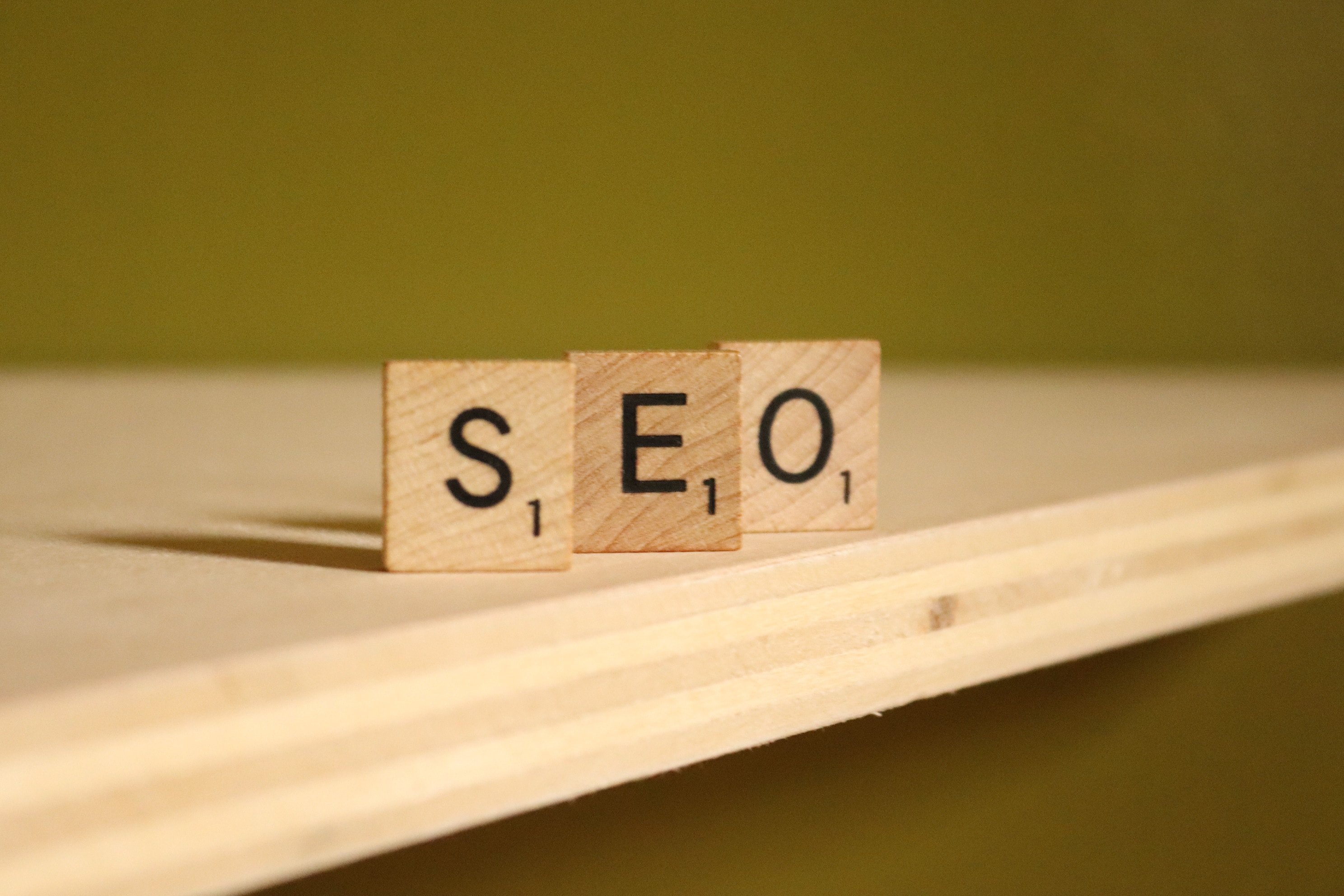In today’s fast-paced and highly competitive business landscape, effective marketing strategies play a crucial role in the success of small businesses. By understanding the importance of marketing and implementing the right techniques, small business owners can propel their ventures to new heights. In this article, we will explore 10 marketing ideas that can boost the success of your small business.

Marketing is the engine that drives business growth. It involves the strategic planning and execution of activities to promote products or services, build brand awareness, and attract potential customers. For small businesses, marketing is especially vital, as it allows them to compete with larger, more established competitors.
Small businesses are the backbone of the economy, and marketing plays a crucial role in their success. It them to reach their target audience and communicate the value of their offerings. By creating awareness and generating interest, marketing helps drive sales and revenue growth. It also fosters customer loyalty and builds lasting relationships, leading to repeat business and customer referrals.
Marketing is not just about selling products or services; it is about building a brand and establishing a strong presence in the market. It helps small businesses differentiate themselves from their competitors and position themselves as industry leaders. Through effective marketing strategies, small businesses can showcase their unique selling propositions and highlight the benefits they offer to customers
The Role of Marketing in Business Growth

Marketing is not a one-time activity; it is an ongoing process that requires constant attention and adaptation. Small businesses need to develop a comprehensive marketing plan that aligns with their business goals and target audience. This plan should include a mix of traditional and digital marketing strategies to maximize reach and effectiveness.
Traditional marketing methods, such as print advertisements, direct mail campaigns, and local events, can still be effective for small businesses. These tactics allow them to target specific geographic areas and engage with potential customers in a more personal way. However, in today’s digital age, small businesses must also embrace online marketing strategies to stay competitive.
Digital marketing encompasses a wide range of activities, including search engine optimization (SEO), social media marketing, content marketing, email marketing, and online advertising. These strategies enable small businesses to reach a global audience, increase brand visibility, and drive website traffic. They also provide valuable data and insights that can be used to refine marketing campaigns and improve overall business performance.
Key Marketing Challenges for Small Businesses
While marketing offers immense opportunities, small businesses often face unique challenges. Limited budgets, lack of expertise, and difficulty in standing out from the crowd are some of the common hurdles. However, with thoughtful planning and innovative strategies, these challenges can be overcome.
One of the biggest challenges for small businesses is competing with larger companies that have more resources and established brand recognition. However, small businesses can leverage their agility and flexibility to their advantage. By focusing on niche markets, providing personalized customer experiences, and offering unique products or services, they can carve out a loyal customer base.
Another challenge is the rapidly evolving digital landscape. Small businesses may struggle to keep up with the latest trends and technologies. However, by investing in continuous learning and staying up-to-date with industry developments, they can adapt their marketing strategies and stay ahead of the competition.
Small businesses also face the challenge of limited budgets. However, effective marketing does not always require a large financial investment. By prioritizing marketing activities based on their potential return on investment, small businesses can make the most of their resources. They can also explore cost-effective marketing channels, such as social media platforms, email marketing, and content creation, to reach their target audience without breaking the bank.
Marketing is essential for the growth and success of small businesses. It enables them to reach their target audience, communicate their value proposition, and build lasting relationships with customers. While small businesses may face unique challenges, with strategic planning and innovative strategies, they can overcome these hurdles and thrive in today’s competitive market.
Building a Strong Brand Identity
A strong brand identity is the cornerstone of successful marketing. It sets your business apart and creates a lasting impression in the minds of your target audience.
But what exactly is a brand identity? It’s more than just a logo or a catchy tagline. It’s the overall image and perception that people have of your business. It’s the emotions and associations that come to mind when they think of your brand.
So how do you go about building a strong brand identity? One key element is having a memorable logo.

A well-designed logo instantly captures attention and conveys the essence of your brand. It serves as a visual representation of your business and helps build recognition and recall.
Think about some of the most iconic logos out there – the golden arches of McDonald’s, the swoosh of Nike, or the bitten apple of Apple. These logos are simple, yet instantly recognizable. They have become symbols of trust, quality, and reliability.
When designing your logo, it’s important to consider your target audience and the message you want to convey. Colors, fonts, and shapes all play a role in creating a logo that resonates with your customers.
But a logo alone is not enough to build a strong brand identity. You also need to craft a unique selling proposition.
Crafting a Unique Selling Proposition
A unique selling proposition (USP) defines what sets your business apart from competitors. It highlights the unique benefits or value that customers can expect from choosing your products or services.
Think about what makes your business special. Is it your exceptional customer service? Your innovative product features? Your commitment to sustainability?
Once you have identified your unique selling proposition, it’s important to communicate it consistently across all your marketing channels. Whether it’s through your website, social media, or advertising campaigns, your USP should be front and center.
Remember, building a strong brand identity takes time and effort. It requires a deep understanding of your target audience and a clear vision of what you want your brand to represent.
Harnessing the Power of Social Media

Creating Engaging Content for Social Media
Content is king in the world of social media. By creating compelling and shareable content, small businesses can generate buzz, increase brand visibility, and drive traffic to their websites. From captivating images to informative videos, the possibilities are endless.
Implementing Email Marketing

Email marketing allows small businesses to stay connected with their customers and nurture leads. It is a cost-effective and highly personalized approach that delivers targeted messages directly to the inbox of potential and existing customers.
Building an Email List
An effective email marketing campaign begins with building a quality email list. Provide value to your website visitors by offering newsletters, exclusive discounts, or valuable content in exchange for their email addresses.
Designing Effective Email Campaigns
Crafting compelling and visually appealing email campaigns is crucial for capturing your audience’s attention. Personalize your messages, use eye-catching visuals, and include clear calls-to-action to drive engagement and conversions.
Utilizing Search Engine Optimization (SEO)

Search engine optimization (SEO) is the process of improving your website’s visibility and ranking on search engine results pages. By optimizing your online presence, you can attract organic traffic and increase your chances of converting visitors into customers.
Understanding SEO Basics
Begin by understanding the fundamentals of SEO, such as keyword research, on-page optimization, and link building. Implementing best practices ensures that your website is easily discoverable by search engines
Keyword research and Implementation
Keyword research is the foundation of effective SEO. Identify relevant keywords that reflect what your target audience is searching for and strategically incorporate them into your website content, meta tags, and headings.
Final thought
These 10 marketing ideas provide a roadmap for small businesses to navigate the competitive business landscape successfully. From building a strong brand identity to harnessing the power of social media, email marketing, and SEO, these strategies offer a holistic approach for enhancing visibility and driving growth.
By embracing adaptability and consistently refining their marketing efforts, small businesses can position themselves for remarkable success in today’s dynamic marketplace.

